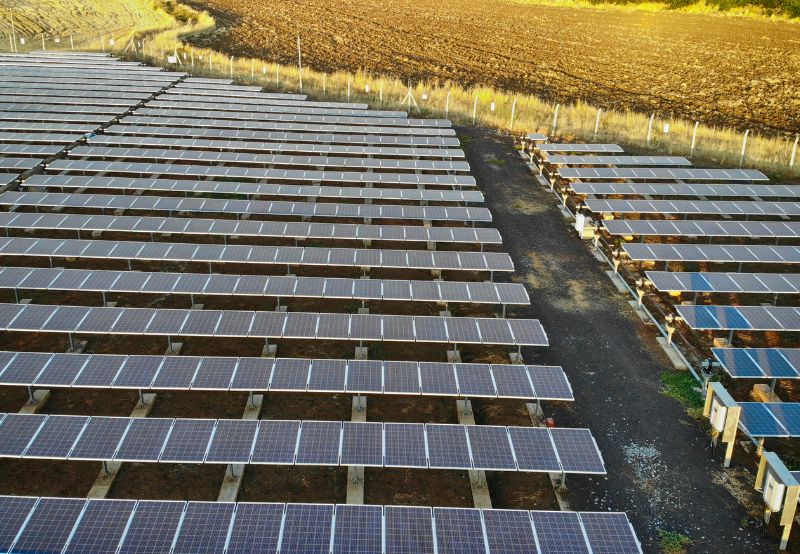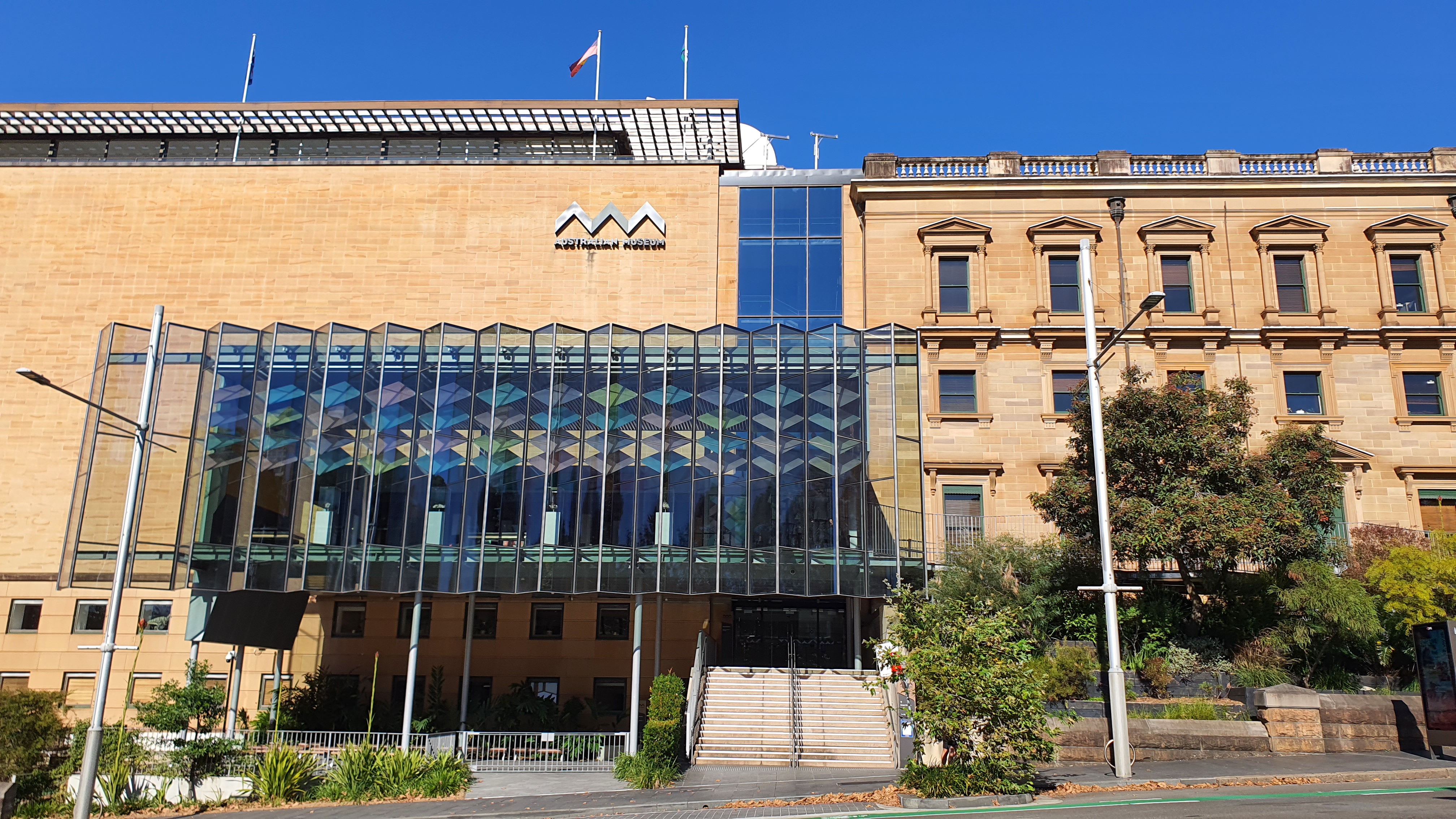Deadline: 26-May-2024
As part of the Support Program for biodiversity Civil Society Organizations (CSOs) active in developing countries (ProBioDev), the IUCN French Committee is launching a call for proposals to support projects in developing countries led by civil society partnerships that aims to support projects focused on biodiversity conservation and Nature-based Solutions, addressing climate change mitigation and adaptation.
The grant initiative is committed to improve the state of biodiversity in developing countries by providing financial support for nature conservation projects led by French and DC civil society organisations. The programme will support alliance strategies and the development of equitable and mutually supportive partnerships to meet the challenges of biodiversity in the South. Within this framework, the CSOs supported through the grant initiative will also benefit from organisational and technical support as well as the strengthening of their partnerships, thereby increasing their added value and the sustainability of their actions. This approach aims to increase the capacity of biodiversity CSOs to act in favour of international cooperation to respond to local and global biodiversity issues, while targeting the objectives defined in the GBF and the Sustainable Development Goals (SDGs).
Themes
- Eligible themes for project financing will include actions of:
- Biodiversity conservation and/or
- Nature-based Solutions (NbS) that specifically target the challenges of climate change adaptation and mitigation.
- Projects must also contribute to improve living conditions for local populations.
- Biodiversity conservation
- Below are a few examples of themes related to biodiversity conservation. Activities must be carried out in relation with and for the benefit of local populations:
- Educational or awareness campaigns on nature conservation;
- Establishment, management, or governance of protected and “conserved” areas (OECMs);
- Conservation of threatened species (according to the IUCN Red List);
- Preservation or restoration of ecosystems and natural habitats;
- Sustainable utilisation of natural resources and equitable sharing of conservation benefits;
- Tackling issues related to poaching and illegal wildlife trade and resolving human-wildlife conflicts.
- Below are a few examples of themes related to biodiversity conservation. Activities must be carried out in relation with and for the benefit of local populations:
- Nature-based solutions (NbS) to tackle climate change
- Nature-based solutions are defined by the IUCN as “actions to protect, sustainably use, manage and restore natural or modified ecosystems, which address societal challenges, effectively and adaptively, providing human well-being and biodiversity benefits”.
- In the context of climate change, NbS act as carbon capture and storage mechanisms, thereby making a significant contribution to the reduction of CO2 emissions. They also play a crucial role in climate change adaptation by mitigating natural risks and strengthening ecosystem resilience. These approaches are effective in addressing today’s challenges, such as the biodiversity conservation and the attainment of SDGs, while simultaneously offering multiple benefits to local communities.
Funding Information
- This call aims to support approximately ten field projects, offering grants ranging from €100,000 to €250,000 for a maximum duration of 24 months.
- Co-financing provided through these grants will represent up to 90% of the total project budget.
Eligibility Criteria
- This call is intended for CSOs interested in implementing partnership projects involving two nonprofit organisations, one registered in France (French CSO) and the other one in a developing country (local CSO), which must have been established for at least two years. If the project leader is a local CSO, then the main partner must be a French CSO. Conversely, if the project leader is a French CSO, then the main partner must be a local CSO. While formalising this partnership is not mandatory, it is essential to demonstrate the complementarity and added value it offers, emphasising any prior collaboration, cooperation, or dialogue, along with its alignment with the project’s objectives. A CSO may submit a maximum of two grant applications (with two different partners), one as project leader and one as main partner. It should be noted that depending on the total number of proposals received during the call for proposals, and thus depending on the selection pressure, only one of the two proposals may be retained if two requests are submitted. The grants are awarded to CSOs established under the following legal statuses:
- For French CSOs:
- A French association operating under the law of 1901, or a non-profit association governed by the local law in Alsace Moselle involved in international solidarity actions;
- A trade union under French law (law of 21 March 1884), engaged in international solidarity actions;
- A French foundation recognised as serving the public interest, implementing international solidarity initiatives.
- For local CSOs:
- A non-profit association or non-governmental organisation, established in compliance with the prevailing national legislation of a country eligible for official development assistance (ODA), with autonomous governance, independent of national governments, the private sector and any international organisation;
- An office, branch, subsidiary, etc. of a French or international organisation in a developing country is not eligible as a local CSO.
- For French CSOs:
Ineligibility Criteria
- Associations and foundations engaged in redistributive activities, which fund initiatives without directly implementing international solidarity actions, as well as corporate, hospital, university, partnership or scientific cooperation foundations, endowment funds, cooperatives or local authorities are not eligible as project leaders or main partners, whether they are French or local CSOs.
- Additionally, the following activities are not eligible for funding:
- Capacity-building and/or scientific research programs unrelated to conservation projects or
- primarily focused on workshops and training sessions;
- Sustainable development projects where nature conservation is not the primary objective;
- Micro-credit activities;
- Advocacy campaigns not associated with conservation efforts in the field.
For more information, visit IUCN French Committee.




